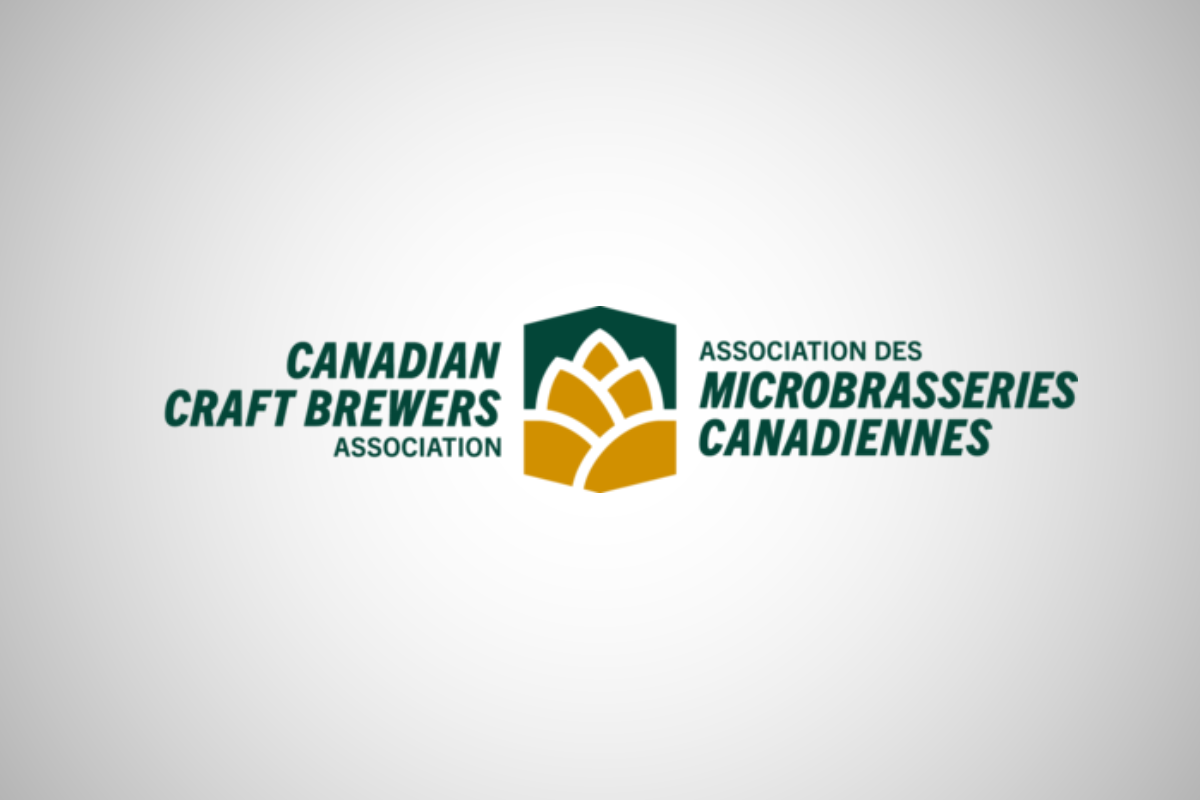
As we enjoy the days of summer, there’s no better time to celebrate the vibrant and dynamic world of Canadian craft beer. Our community of craft brewers has been working tirelessly to offer consumers unique, high-quality brews that reflect the diverse flavors and cultures of our great nation. However, behind the scenes, many of us are still grappling with challenges that threaten our growth and sustainability.
We must also acknowledge the recent fires across our country, including Jasper, where the toll is being felt on local breweries and their staff and families. Our thoughts are with all those affected, and we are committed to supporting our community during this challenging time.
Advocating for Fairer Taxation
Recently, the Canadian Craft Brewers Association (CCBA), in collaboration with the Coalition of Canadian Independent Craft Brewers, provided our pre-budget submission to the House of Commons Standing Committee on Finance. Our aim is to address the punitive tax burden imposed on locally owned and operated craft breweries by advocating for a modernized, progressive federal excise tax schedule. We propose that the government allows all breweries to grow to 500,000 hectolitres without encountering a fiscal cliff. This change would enable our industry to continue thriving, adding jobs, and contributing to local economies.
The Need for Reform
Why is this reform so critical? Currently, our tax structure discourages growth and investment. While large multinational breweries can absorb rising costs, small craft breweries struggle to keep up. Inflation has hit our industry hard, with malt prices up by 50%, aluminum cans by 20%, and cardboard by 16%. Last year alone, 70 craft breweries closed across Canada – the first decline since prohibition. Only 37% of all Canadian craft breweries are profitable, according to a recent report by Innovation Science and Economic Development Canada. The high tax burden is a significant factor in this lack of profitability.
Economic Impact and Potential
Craft breweries are more than just producers of great beer; they are economic drivers in their communities. A recent study by MNP highlighted the substantial economic impact of craft beer tourism, generating upwards of $1,475 million in total output and supporting between up to 8,800 jobs. With additional targeted federal excise tax reforms, we can advance investment, job creation, and economic growth not only for craft breweries but also for the broader agri-food sector and tourism industry.
Supporting Larger Independent Brewers
While we appreciate the Federal Government’s recent announcement of 50% excise tax reductions for the first 15,000 hectolitres of production for the next two years, more needs to be done. Over 60% of the country’s craft beer production comes from breweries producing more than 15,000 hectolitres. Without further excise tax reductions for these independent breweries, we risk stifling significant contributions to job creation, beer production, and tourism.
Challenges Faced by Craft Brewers vs. Macro Breweries
Unlike the macro brewing sector with global economies of scale and purchasing power, the craft sector does not have the ability to withstand major headwinds beyond their control. As mentioned above, the vast majority of craft breweries are not profitable and 70 craft breweries were forced to close recently, with more surely to follow. This is a vastly different situation from what the macro breweries, most notably Molson Coors Beverage Company, have experienced over the last few years. In February 2024, Molson Coors announced that in 2023 they had grown their top and bottom lines for the second year in a row, helping them notch their highest reported dollar results on record. The CEO issued a press release confirming their unprecedented financial success: “Growth is not a strong enough word to describe what we achieved in 2023,” he said. “In fact, our 2023 underlying pretax income was higher than we thought it would be, and frankly, higher than anyone I am aware of said it would be – in 2028. So Molson Coors delivered six years of profit growth – six years of growth – in just one year. That, folks, is a new baseline.” During this same time, the craft brewing sector declined and had some of its worst years on record. With a punishing excise tax rate, those challenges remain unsolved.
A Call to Action for Brewers
We are calling on all Canadian craft breweries to help us thank your local MP for the excise tax relief by inviting them to visit your brewery this summer. It’s a great opportunity to get to know your local federal representative and let them know there is still work to be done. Find your MP Thank You Letter Template on your CCBA Member Dashboard here.
A Call to Action for Government
To ensure the continued success of Canada’s craft brewing industry, we are urging the federal government to adopt a fully progressive and growth-oriented excise tax schedule. By allowing breweries to grow up to 500,000 hectolitres without punitive taxation, we can foster an environment where both small and large craft breweries can thrive. This change would benefit all breweries in terms of excise tax dollars saved, leading to significant investment, job creation, and economic growth across the sector.
Savour the Summer
As we savour our favorite summer brews, I want to recognize you, the dedicated craft brewers who bring these exceptional beers to life. By supporting excise tax reform, we can help ensure that our craft brewing industry continues to grow and prosper, enriching our communities and economy.
Thank you for your continued support of the Canadian Craft Brewers Association.
Cheers to a bright and prosperous future for our industry!
Christine Comeau
Executive Director, Canadian Craft Brewers Association
SOURCE: Canadian Craft Brewers Association (Press Release)
PHOTO CREDIT: Canadian Craft Brewers Association
